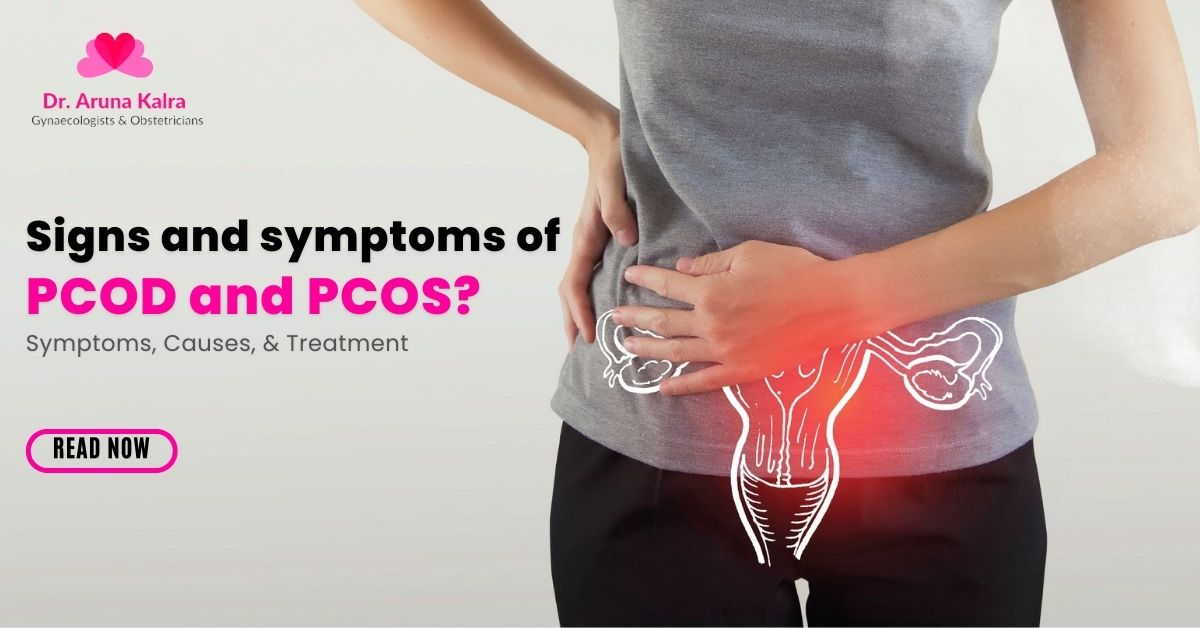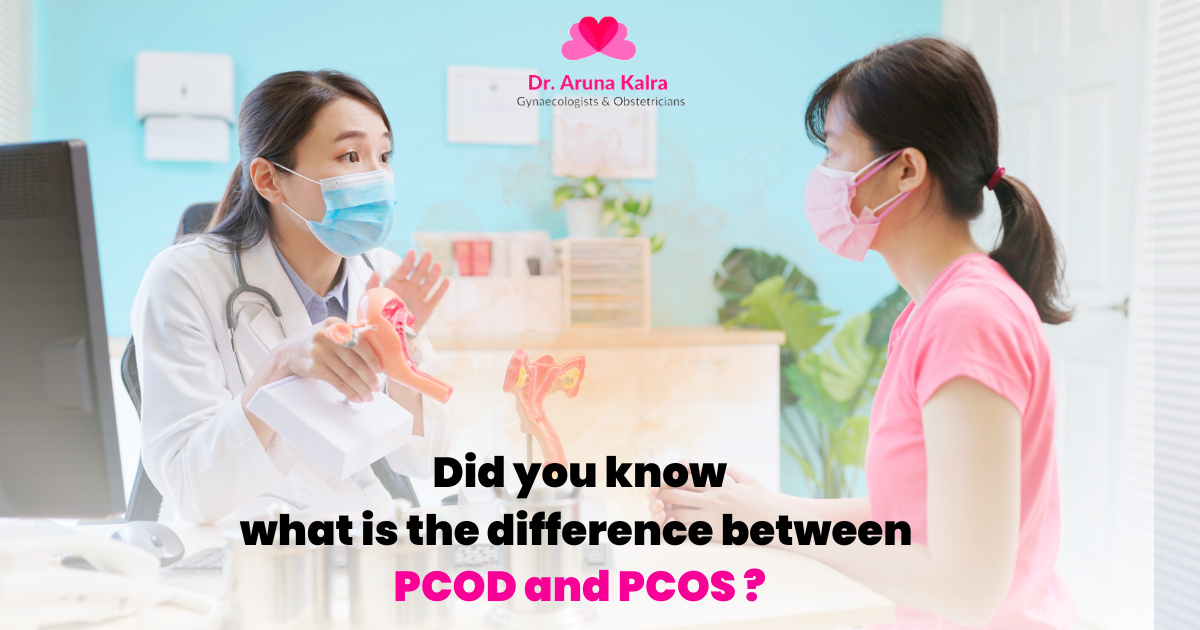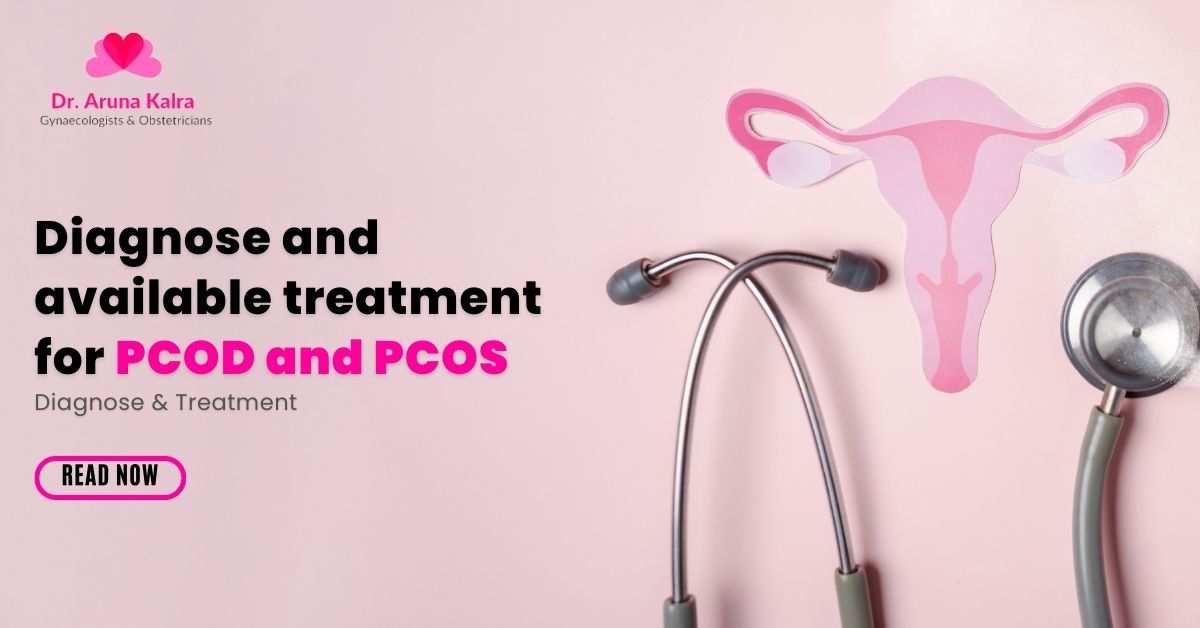
Signs and symptoms of PCOD and PCOS?
Do you have oily skin, missed/skipped periods, or difficulty in managing your weight? Did you think those problems are just a normal part of your life? But such hindrances could actually be symbols that you may have polycystic ovary (or ovarian) syndrome, also known as PCOS.
This state has many symptoms, and you may not have all of them. It’s pretty common for it to take women a while – even years – to find out that they have this complaint. Below are the following most typical PCOD or PCOS symptoms in females:
Common Symptoms of PCOS
Common signs and symptoms of PCOS are:
- Abnormal menstruation (Oligomenorrhea)- Heavy periods, PCOS can cause big punches in the menstrual cycle, including very heavy bleeding and frequent periods.
- Absence of menstruation or skipped periods (Amenorrhea)- PCOS may also lead to hyperandrogenemia, which is when a female has high levels of male hormones. A 2017 study by Trusted Source of 266 women with PCOS found that over 78 percent of them had hyperandrogenemia. Hyperandrogenemia disturbs menstrual periods and leads to amenorrhea.
Irregular periods-You may not have a period, or it may skip for a few months.
- Extreme menstrual bleeding (Menorrhagia)- Having a condition that causes your hormones to become imbalanced can lead to heavy period bleeding, that causes PCOS.
- Hair growth in unwanted areas– (face, belly, and chest) Your doctor may call this “hirsutism”. You might have unwanted Excessive development of hair growing on your face or chin, breasts, stomach, and body – including on the back or thumbs and toes.
- Acne or oily skin– Hormone changes due to PCOS can cause oily skin and pimples on your face, chest, and upper back. (of course, you may have these skin problems without PCOS,).
- Gaining weight -About half of the women who are facing PCOS struggle with weight gain or have a hard time losing pounds. PCOS can let you to gain a lot of weight. And being overweight can create PCOS symptoms more serious. Losing even just a few pounds may improve the timing of your periods. Losing weight can be a healthy way to keep your cholesterol and blood sugar levels in patterned, both of which are very important if you have PCOS.
- Hair fall (hair on the scalp gets thinner and falls out) -Women with PCOS might see thinning hair on their heads, which could worsen in middle age.
- Skin coloration (Neck, in the groin, and under the breasts)- You may see thick, dark, velvety patches of skin under your arms or breasts, on the back of your neck, and in your groin area. This condition is called acanthosis nigricans.
- You may feel problems sleeping or feel tired all the time. You could have trouble falling asleep. Or you might have a sleeping disorder known as sleep apnea. It means that even when you do sleep, you do not feel well-rested after you wake up.
- Headaches- The surging hormones that cause PCOS can give you headaches, too.
- Trouble getting pregnant- Not having regular periods can make it difficult to get pregnant. PCOS is one of the chief causes of infertility.
When to See a Doctor’s Advice
If you have any of these symptoms, meet Dr. Aruna Kalra. There are treatments or routine changes you can try to rule out other health conditions and learn if you have PCOS. The preferably you get started, the sooner you will start feeling better.


